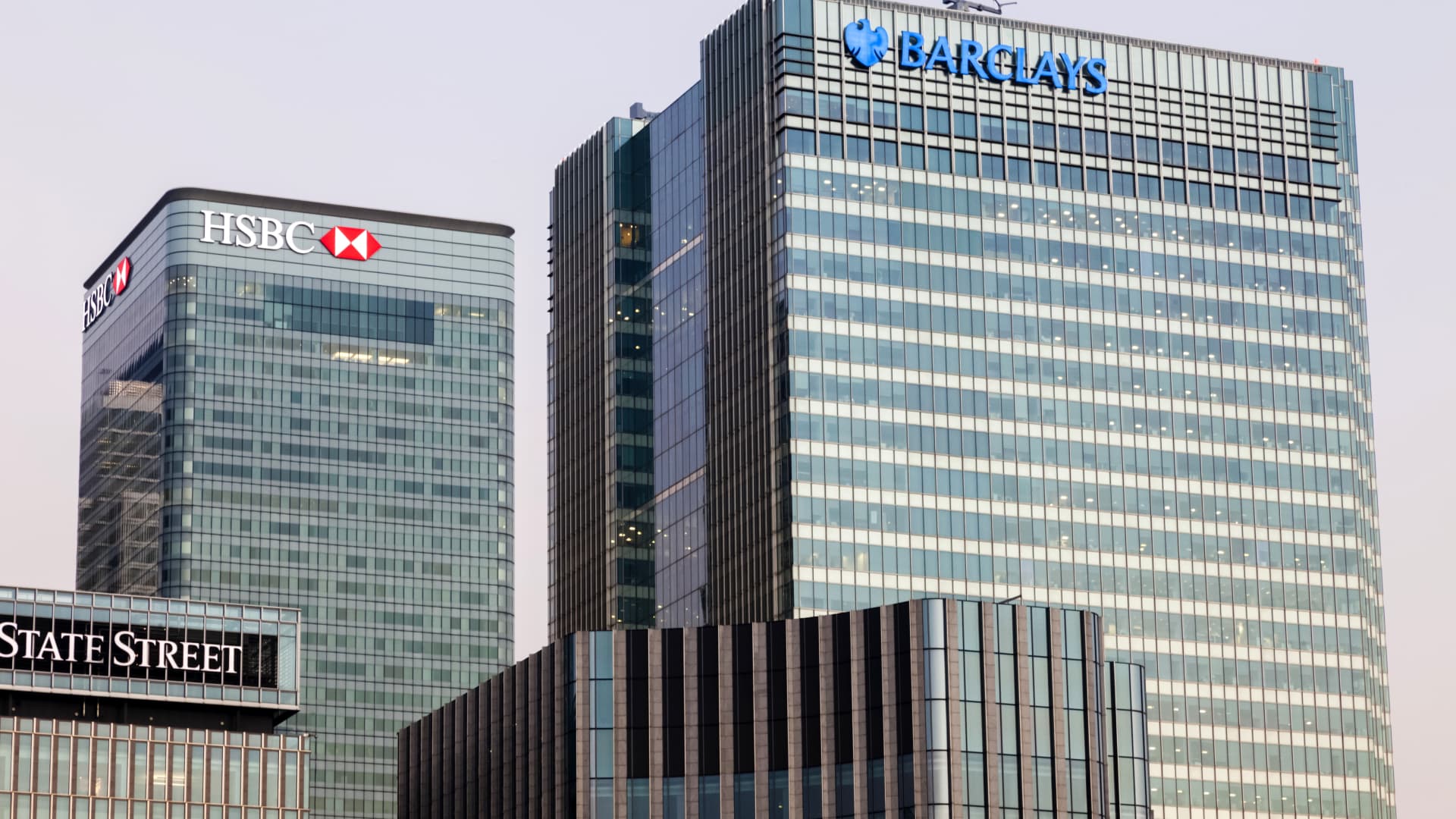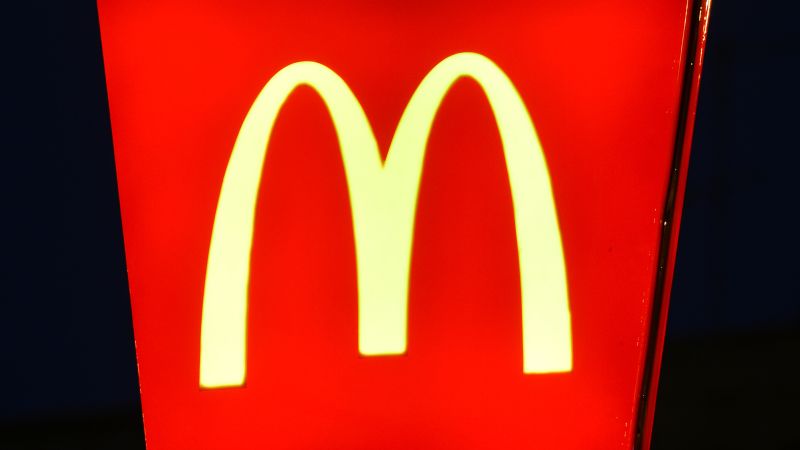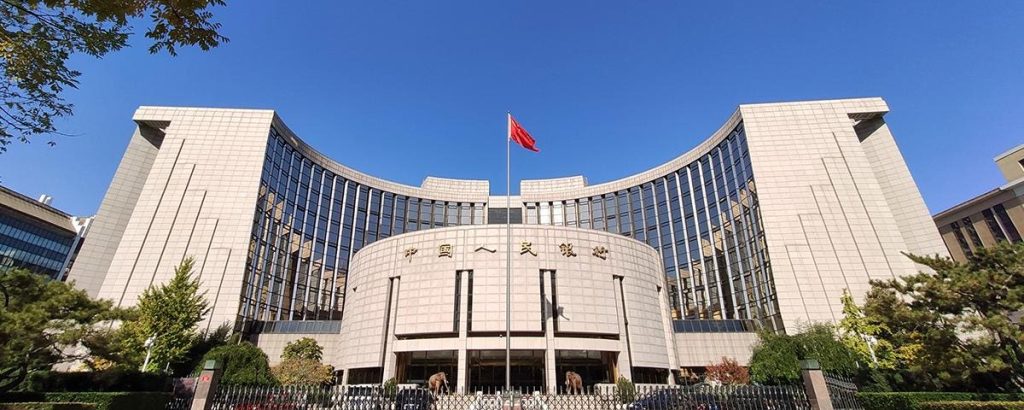LONDON — Barclays shares retreated on Tuesday as investors assessed the prospect of cost-cutting charges, pressure on domestic interest margins and weak performance in formerly strong divisions.
The bank reported a net profit of £1.27 billion ($1.56 billion) for the third quarter, slightly ahead of expectations as strong results in its consumer and credit card businesses compensated for weakening investment bank revenues.
Analysts polled by Reuters had produced a consensus forecast of £1.18 billion, down from £1.33 billion in the second quarter and £1.51 billion for the same period in 2022.
Here are other highlights for the quarter:
- CET1 ratio, a measure of banks’ financial strength, stood at 14%, up from 13.8% in the previous quarter.
- Return on tangible equity (RoTE) was 11%, with the bank targeting upwards of 10% for 2023.
- Group total operating expenses were down 4% year-on-year to £3.9 billion as inflation, business growth and investments were offset by “efficiency savings and lower litigation and conduct charges.”
Barclays CEO C.S. Venkatakrishnan said the bank “continued to manage credit well, remained disciplined on costs and maintained a strong capital position” against a “mixed market backdrop.”
“We see further opportunities to enhance returns for shareholders through cost efficiencies and disciplined capital allocation across the Group.”
Barclays will set out its capital allocation priorities and revised financial targets in an investor update alongside its full-year earnings, he added.
Barclays’ corporate and investment bank (CIB) saw income decrease by 6% to £3.1 billion, with the bank citing reduced client activity in global markets and investment banking fees.
Revenue in the traditionally robust fixed income, currency and commodities trading division dropped 13% as market volatility moderated, dampening trading volumes.
This was mostly offset by a 9% revenue increase in its consumer, cards and payments (CC&P) business to £1.4 billion, reflecting higher balances on U.S. cards and a transfer of the wealth management and investments (WM&I) division from Barclays U.K.
The bank did not announce any new returns of capital to shareholders after July’s £750 million share buyback announcement.
Cost cutting charges ahead
Barclays hinted at substantial cost cutting that will be announced later in the year, mentioning in its earnings report that the group is “evaluating actions to reduce structural costs to help drive future returns, which may result in material additional charges in Q423.”
The cost-income ratio in the third quarter was 63%, but the bank has set a medium-term target of below 60%.
Notably, Barclays cut its net interest margin forecast for the U.K. bank to a range of 3.05% to 3.1%, down from previous guidance of around 3.15%.
The bank had warned in its second-quarter earnings that it expects to earn less interest in its U.K. division, with net interest margins in its domestic bank under pressure because of increased competition for savers’ deposits amid a difficult period for household finances in the U.K.
The bank’s shares slipped by as much as 6.5% by 09:16 a.m. in London, as market participants balked at the prospect of cost actions and margin pressure.
A ‘mixed set of results’
John Moore, senior investment manager at RBC Brewin Dolphin, said that, despite beating expectations at a headline level, Barclays had produced a “real mixed set of results” that reflected an “increasingly challenging backdrop.”
“Sentiment has generally soured, on the back of U.S. regional banks struggling with lower than expected net interest margins and issues such as the well-publicised problems of Metro Bank,” Moore said in an email Tuesday.
“Market conditions have also not been great for Barclays’ investment banking division, with deal activity relatively low. That said, its other banking operations are largely resilient – particularly its consumer and credit card business – and, with capital to invest, Barclays could be a beneficiary as some of its smaller peers struggle in the current environment.”
Read the full article here







